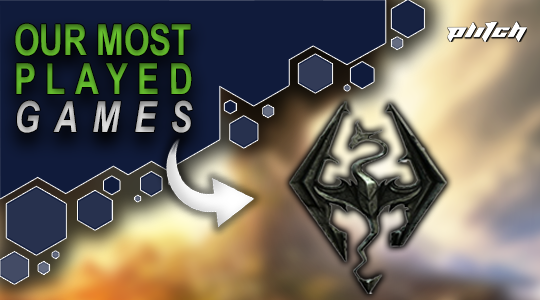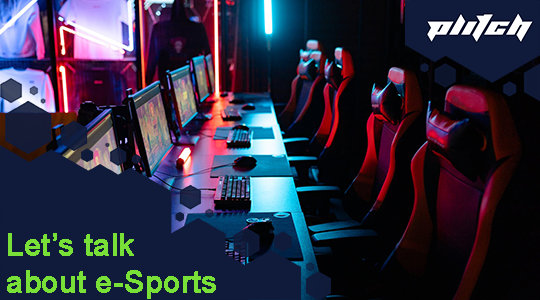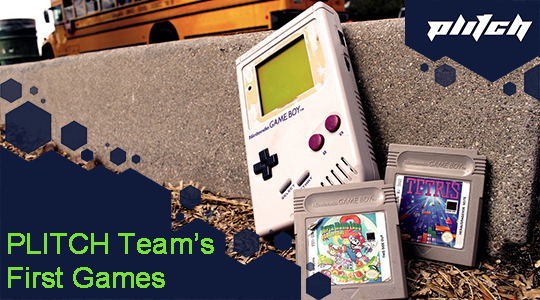That’s right, Rob was recently a guest on an episode of Jeff Grubb’s How Games Make Money podcast, a show with a pretty self-explanatory premise, in which Jeff talks with leaders across the video game industry about the business of video games and how different people are bringing in cash from games.
But before you can make money, you need a product that works, and one of PLITCH’s greatest strengths is its ease of access.
“PLITCH is built for Joe Regular. Cheat Engine is a very difficult program where you really have to know what you’re doing in there,” said Maroschik.
“PLITCH is super easy, and we have a strong UX that is intuitive. You download the software, choose the game that you want to play with PLITCH, you hit the play button within PLITCH, and it starts automatically.”
Rob has previously shared how PLITCH works and that it involves interfacing with your PC’s temporary memory to create various cheats. Jeff brought up a new question, and it is the difficulty of keeping up with newly released games and making cheats for them.
“The main cost in our company is personnel to keep up to date with all of the games. To build the initial set of cheats for a game isn’t that hard at all, and we have professionals who really get into the codes and spend 10-12 hours in a game to make a really kickass set of cheats,” said Maroschik.
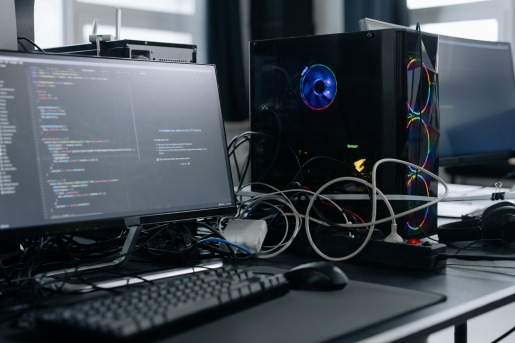
The difficulty is that once a game is patched, the PLITCH team has to redo most of the work in around half the time. In fact, there’s a separate patch-maker team that’s actually larger than the cheat-making team, and their job is to stay up to date on all patches for supported games and have them up on PLITCH within 24 hours. That amounts to over 1,000 patches per month! But as Jeff Grubb notes, cheats aren’t treated the same as they were back in the ‘90s.
“Cheats aren’t really built into games anymore, those things have mostly all turned into micro-transactions. Having the other option, being something that is like a modern-day Game Genie, kind of seems to make sense, I think, for a lot of people,” said Jeff Grubb.
Talking about what sets PLITCH apart from the competition, Maroschik highlights that PLITCH is the only third-party cheat software that can also increase the difficulty in games, in addition to making them easier. It’s very niche and currently makes up around 3-4 percent of the overall customer base, but it is growing.
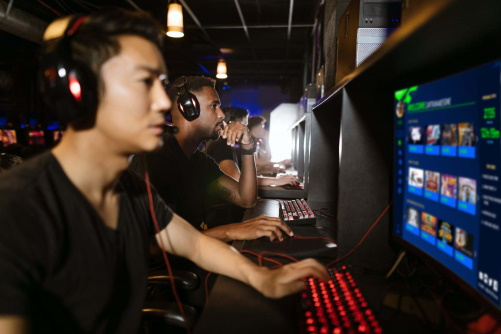
“More and more gamers identify themselves with the skills that they have in gaming. They want to improve themselves, and we give them the unique opportunity to practice any game in single player. This could be a future focus area for expansion,” said Maroschik.
Overall, Rob and Jeff see the most potential for PLITCH by simply making games more fun for more people.
“No one plays Monopoly with the right rules, everyone has their home rules, and everyone thinks that their home rules are the way that the game is played,” said Jeff Grubb.
“A lot of that requires what we brand today as cheating, but a lot of that is I want to build this game for me, I want to take some ownership over the fun I’m having with this game. I paid money, now let me do that. I think you’re right, it’s like a lost art, a lost aspect of the fun that we have in games.”

Jeff and Rob also touched on PLITCH’s future features, including one geared to esports athletes and the potential for console versions of PLITCH in the future. You can listen to the full podcast here or on your podcast platform of choice.
